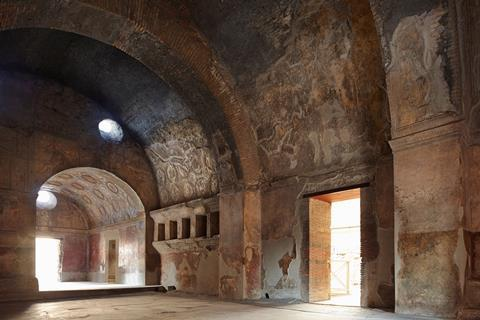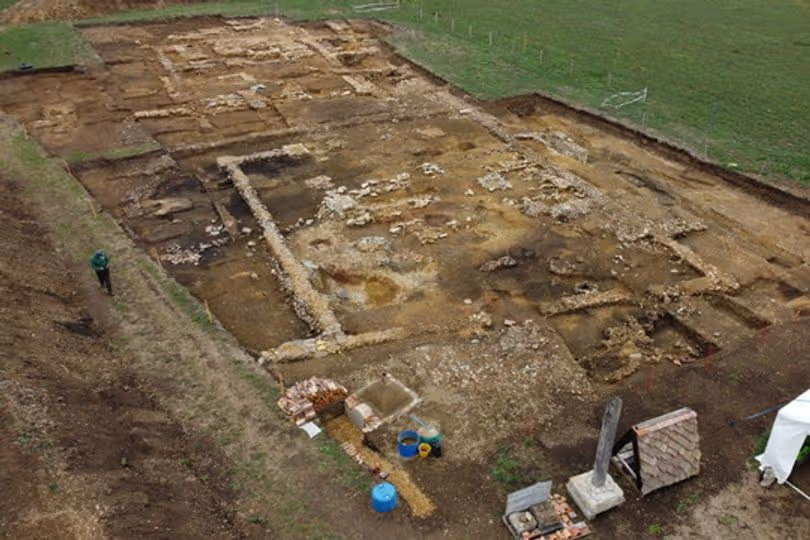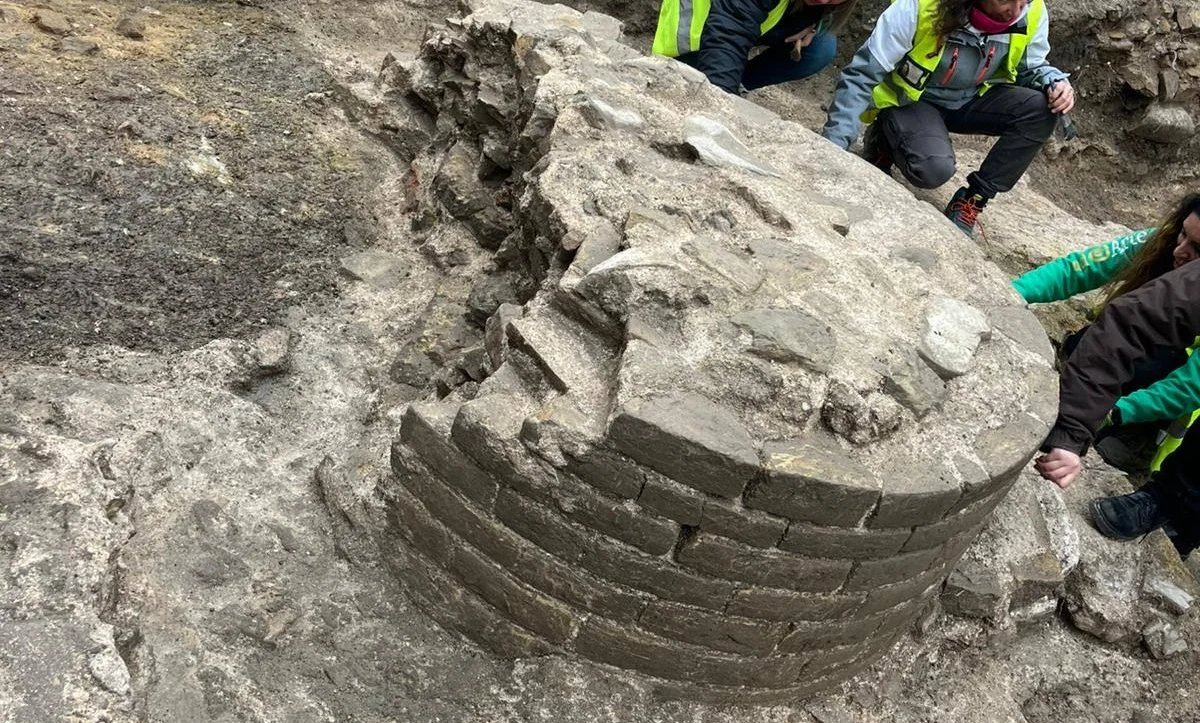Honey has been valued for its medicinal properties since ancient times, playing a crucial role in the healing practices of many civilizations. Revered for its natural antibacterial and anti-inflammatory properties, honey was widely used for treating wounds, infections, and various ailments. Additionally, its cultural significance extended beyond medicine, symbolizing purity, health, and even divine favor.
In ancient Egypt, honey was an essential ingredient in medicinal remedies and religious offerings. Egyptian medical papyri, such as the Ebers Papyrus, document its use in wound treatment, eye infections, and digestive issues. Honey was also combined with herbs and resins to create potent healing salves. Because of its antimicrobial properties, it was used in the embalming process to preserve the deceased.
The Greeks and Romans also recognized the healing benefits of honey. Hippocrates, the father of modern medicine, prescribed honey for sore throats, fever, and skin conditions. The Romans frequently used honey in wound care, often mixing it with vinegar for added antiseptic effects. Honey was also a staple in their diet, contributing to overall well-being and longevity.
In traditional Chinese medicine and Ayurveda, honey was considered a powerful healing agent. Chinese physicians used honey to treat digestive disorders, respiratory ailments, and skin conditions, often blending it with herbal remedies. In Ayurveda, honey was known as "Madhu" and was incorporated into various medicinal preparations to enhance their efficacy, acting as a natural carrier for herbal ingredients.
Beyond its medical applications, honey held spiritual and cultural significance. It was often associated with gods and immortality in various mythologies. In Hinduism, honey was one of the five elixirs of life, while in ancient Greece, it was linked to divine nourishment and offered to the gods.
The enduring use of honey in ancient medicine underscores its remarkable healing properties and deep-rooted cultural importance. Even today, honey continues to be valued in natural medicine, proving that ancient wisdom still holds relevance in modern health practices.







